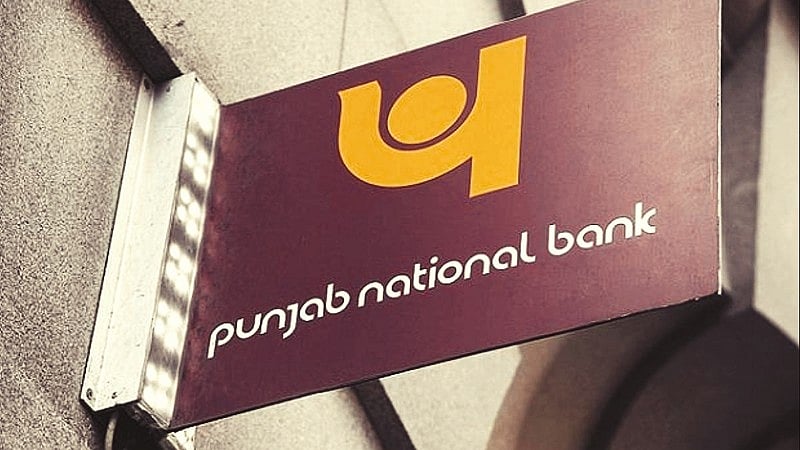New Delhi: State-owned Punjab National Bank (PNB) proposes to expand its RAM (retail, agriculture and MSMEs) sector lending to 58 per cent of its loan book in the current financial year with the help of various initiatives taken, including loan outreach.
The bank closed FY25 with loan outstanding under RAM segment at Rs 6,02,682 crore, 56 per cent of the loan book.
“We are planning to increase RAM from 56 per cent to 58 per cent in this financial year because that will give me the cushion against loss which is happening in due to reduction in the interest rate in the corporate and the RLLR (repo-linked lending rate) loan book,” PNB MD & CEO Ashok Chandra told PTI in an interview.
The volume increase in the RAM segment will help compensate for a loss due to further rate cuts, he said.
Sharing the various initiatives taken to increase RAM, Chandra said the bank had conducted outreach activities for giving push to both retail and MSME lending in February on pan-India basis and these yielded a good result.
“Whatever our average monthly book was there in the entire financial year, almost 1.5 times extra has been done in March due to outreach initiatives. This activity we are going to continue during this financial year as well,” he said.
Besides, he said, PNB has started cash flow-based digital lending facility for the MSME unit up to Rs 25 lakh.
“Anybody can go to our website and apply for an MSME loan by submitting a few details. Through the account aggregator and fintech in place, we are going to give the sanction to our existing customers within 5-7 minutes,” he said.
For retail, he said, the bank is working on a proposal for tie-up with housing projects across the country.
“We are going in a massive way for approving their projects, so that once the project approval is there, and if any applicant is applying for a housing loan for that particular project, they need not go for the separate legal opinion or valuation,” he said.
So, he said, “We can minimise the time and if anybody applies for the approved project, we are going to ensure that within 48 to 72 hours we should be in a position to give the sanction.”
(Except for the headline, this article has not been edited by FPJ’s editorial team and is auto-generated from an agency feed.)
